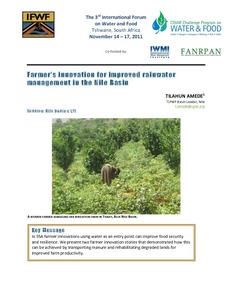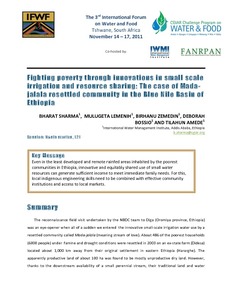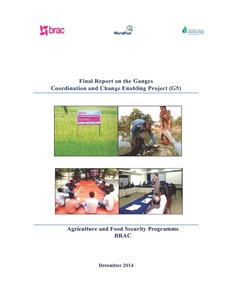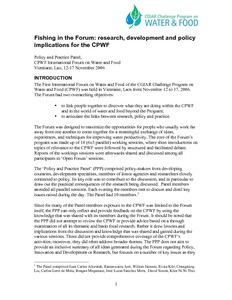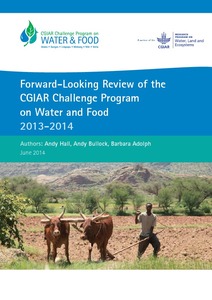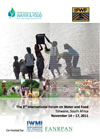Exclosure land management restores soil properties of degraded communal grazing lands in northern Ethiopia
In the northern highlands of Ethiopia, establishment of exclosures to restore degraded communal grazing lands has been practiced for the past three decades. However, empirical data on the effectiveness of exclosures in restoring degraded soils are lacking. We investigated the influence of exclosure age on degree of restoration of degraded soil and identified easily measurable biophysical and management-related factors that can be used to predict soil nutrient restoration.


